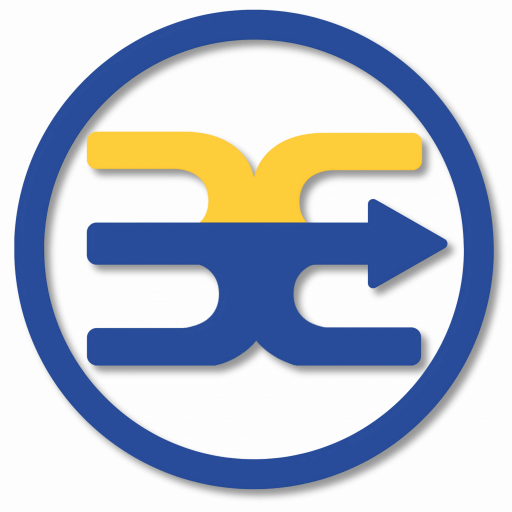Wellness at work is no longer just a talking point. It’s imperative to the health of both employees and the bottom line.
For businesses, a culture that focusses on wellness training that works, and ergonomics to reduce pain, the pay-off is increased productivity and decreased staff costs.
In 2018, absenteeism cost Australian employers $2.6 billion while presenteeism – employees who attended work but functioned under par – cost $9.9 billion, according to an estimate by KPMG and Mental Health Australia.
A recent study, carried out by Vitality and Rand Europe, estimated that the world’s GDP would increase by more than $100bn each year until 2050 if people:
- walked 15 minutes more a day;
- did a slow jog of half a mile (one kilometre) a day, or;
- took 1,500 extra steps a day.
Here’s some simple ways to get employees more mobile.
- If you’re having a one-on-one meeting, do it walking, not sitting. Yes, simply walking gets those creative juices flowing. In fact, one study shows that this increases creativity by more than 80 per cent.
- Make sure staff have regular stretching breaks. Some companies actually use a timer, or buzzer, to remind employees to stand up every hour, walk around and reduce muscle tension.
- Offer an exercise class on-site that will suit most employees e.g. a yoga or stretch class, or a simple strength-building class. Failing that, negotiate a special deal for employees at a nearby gym. Low-intensity aerobic exercise may be better for increasing energy than intense aerobic exercise.
- Encourage staff to get up and have a conversation with another employee regarding work, rather than sending an email.
- Organise an event where all staff can participate, such as a fun run or walk for a cause.
- Get an ergonomics expert to make sure that chairs, desks and computers are set up to reduce, not increase, stress and pain.
What We Do | We help businesses improve productivity and labour costs by decreasing work-related pain and risk of injury claims. We do this by training the Personal Protective Behaviours (PPBs) individuals need for modern computer-intensive work and play.
Discover our Champs Workshop for frontline leaders that build consultants own self-care competencies.
💡 Enjoyed this post?
Subscribe to our monthly newsletter for fresh insights and Beyond Ergo updates — straight to your inbox.


Trackbacks/Pingbacks